These 3 news organizations sue Microsoft and OpenAI for copyright infringement
The lawsuits are just some of the many.
3 min. read
Published on
Read our disclosure page to find out how can you help Windows Report sustain the editorial team. Read more

The Intercept, Raw Story, and AlterNet sued Microsoft and OpenAI in separate lawsuits in the Southern District of New York, all litigated by the same law firm, reports The Verge.
The Intercept lawsuit which can be viewed online, claims that ChatGPT reproduces news articles nearly verbatim from works of journalists without mentioning their names.
At least some of the time, ChatGPT provides or has provided responses to users that regurgitate verbatim or nearly verbatim copyright-protected works of journalism without providing author, title, copyright, or terms of use information contained in those works.
At least some of the time, ChatGPT provides or has provided responses to users that mimic significant amounts of material from copyright-protected works of journalism without providing any author, title, copyright, or terms of use information contained in those works. For example, if a user asks ChatGPT about a current event or the results of a work of investigative journalism, ChatGPT will provide responses that mimic copyright-protected works of journalism that covered those events, not responses that are based on any journalism efforts by Defendants.
The Intercept lawsuit
On the other hand, Raw Story and AlterNet’s lawsuit says Microsoft and OpenAI would be aware that ChatGPT would have been less popular if users knew it violated third-party copyrights.
Defendants had reason to know that ChatGPT would be less popular and would generate less revenue if users believed that ChatGPT responses violated third-party copyrights or if users were otherwise concerned about further distributing ChatGPT responses. This is at least because Defendants were aware that they derive revenue from user subscriptions, that at least some likely users of ChatGPT respect the copyrights of others or fear liability for copyright infringement, and that such users would not pay to use a product that might result in copyright liability or did not respect the copyrights of others.
Raw Story, AlterNet lawsuit
This is not the first time Microsoft has seen itself in this situation. In the last months of 2023, The New York Times sued the Redmond-based tech giant and OpenAI, for using their published works to train the AI models.
However, both Microsoft and OpenAI announced they will pay any legal covers if any of their users find themselves in a situation where copyright infringement is involved due to ChatGPT or Copilot.
Microsoft and OpenAI are no strangers to copyright infringement accusations, and the new lawsuits are once again opening up discussions about the ethics of using AI to report on news or generate content.
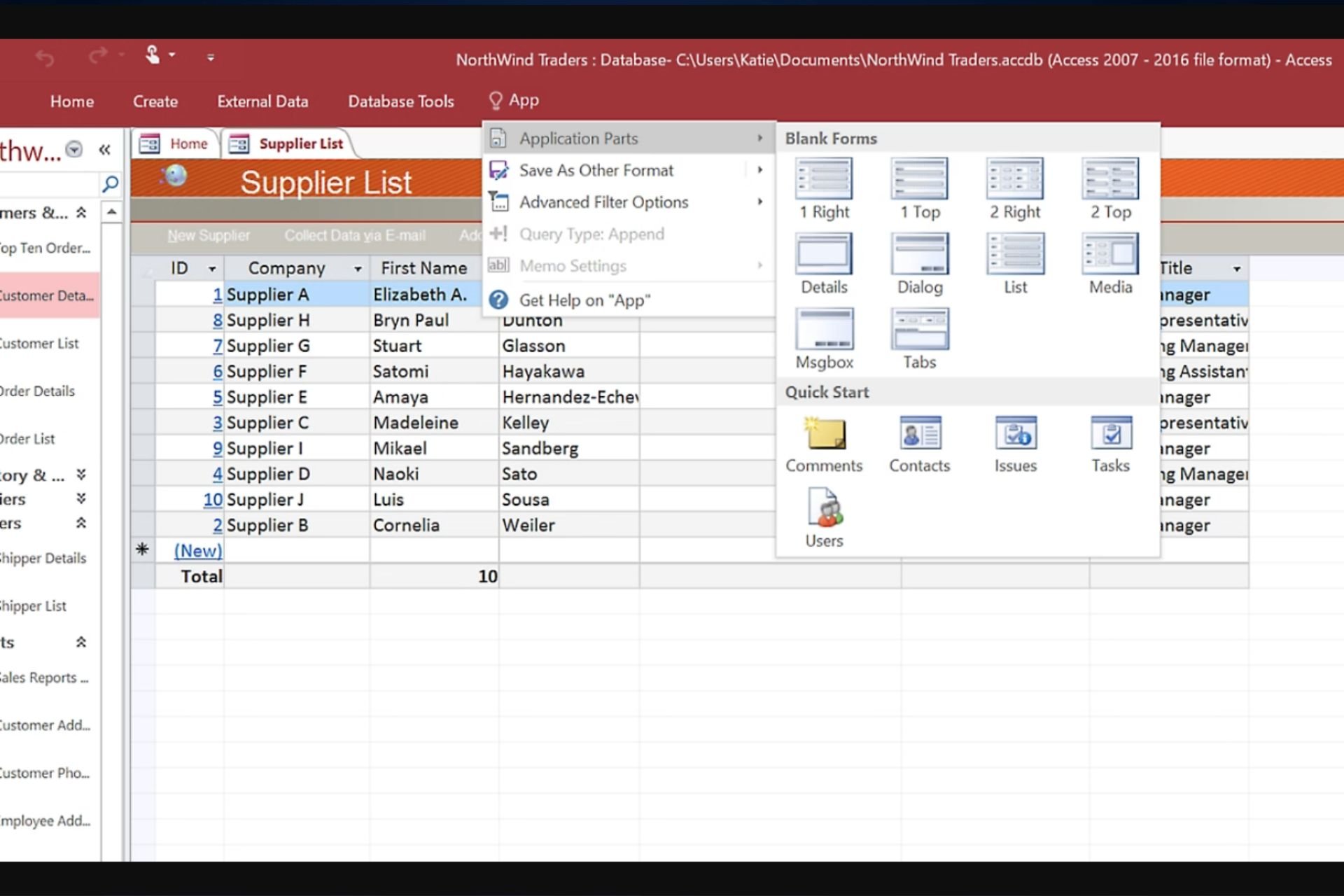
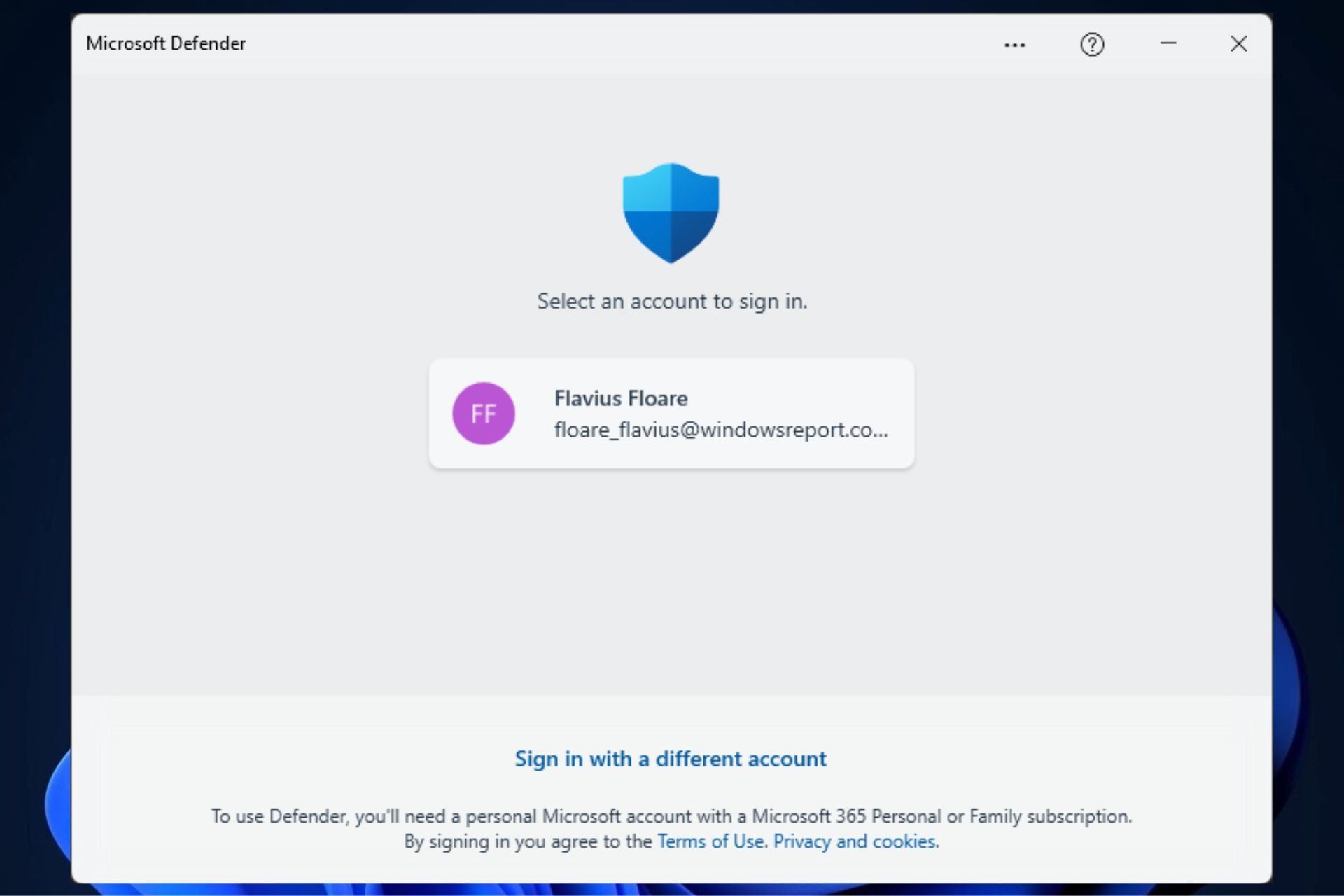
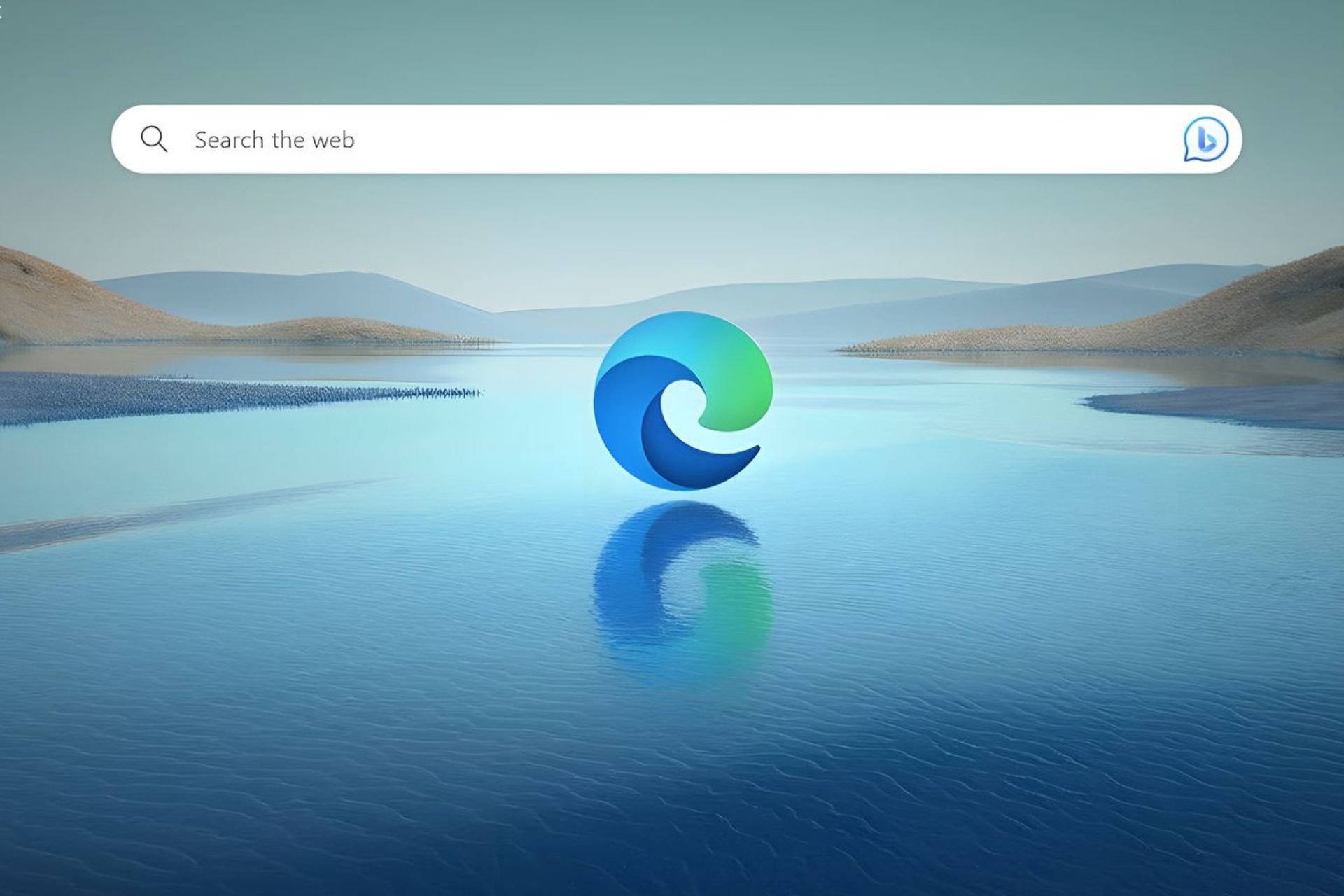
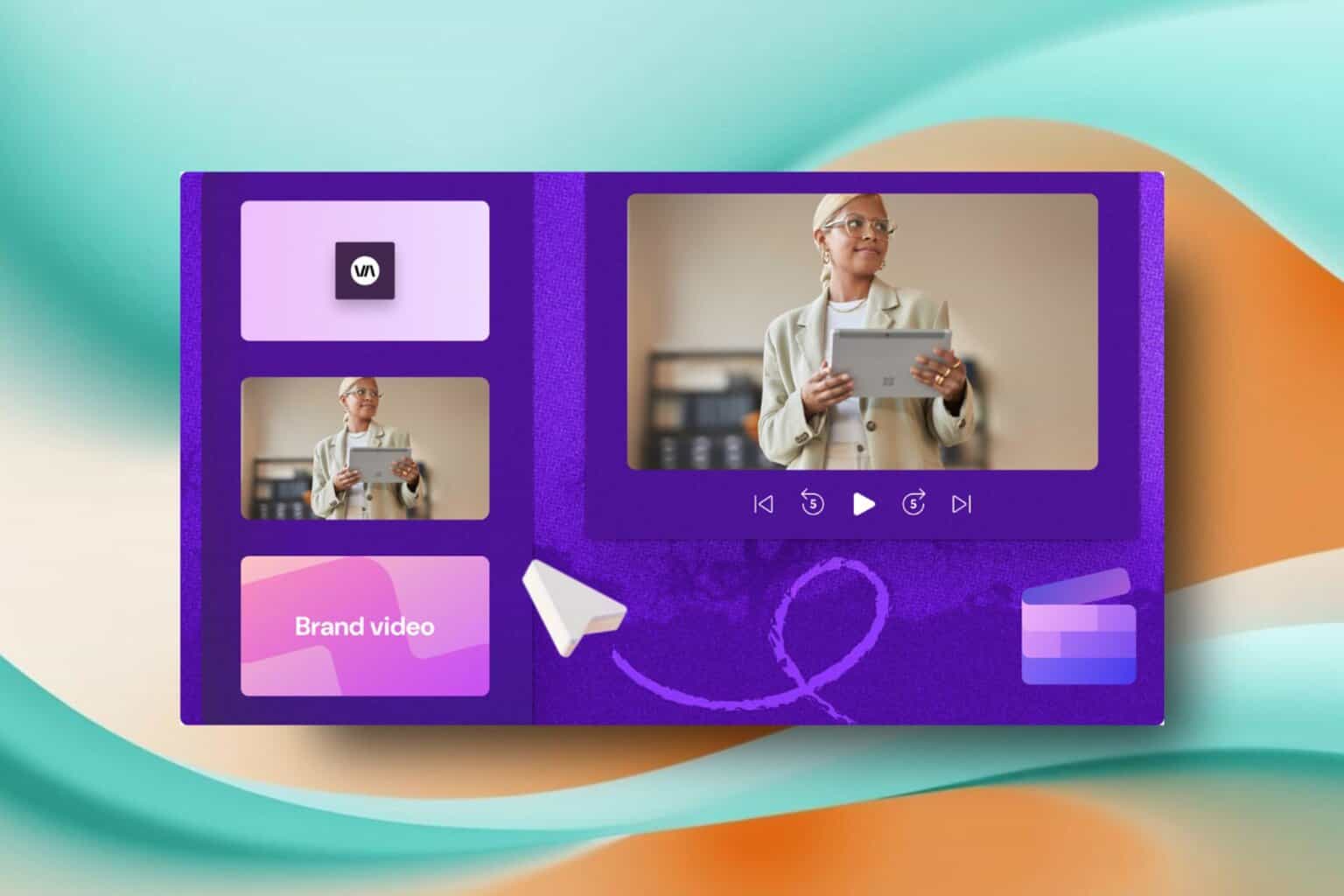

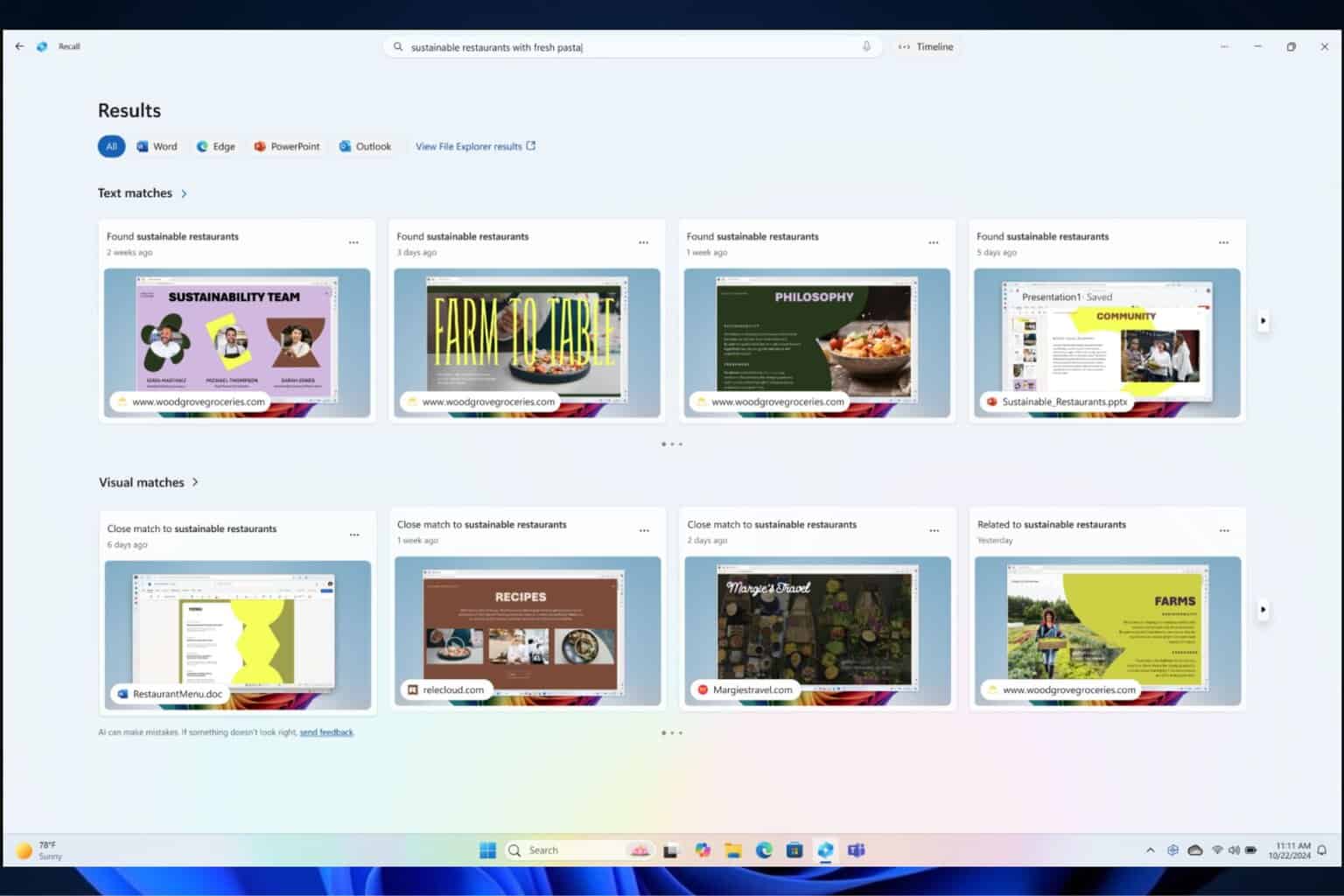
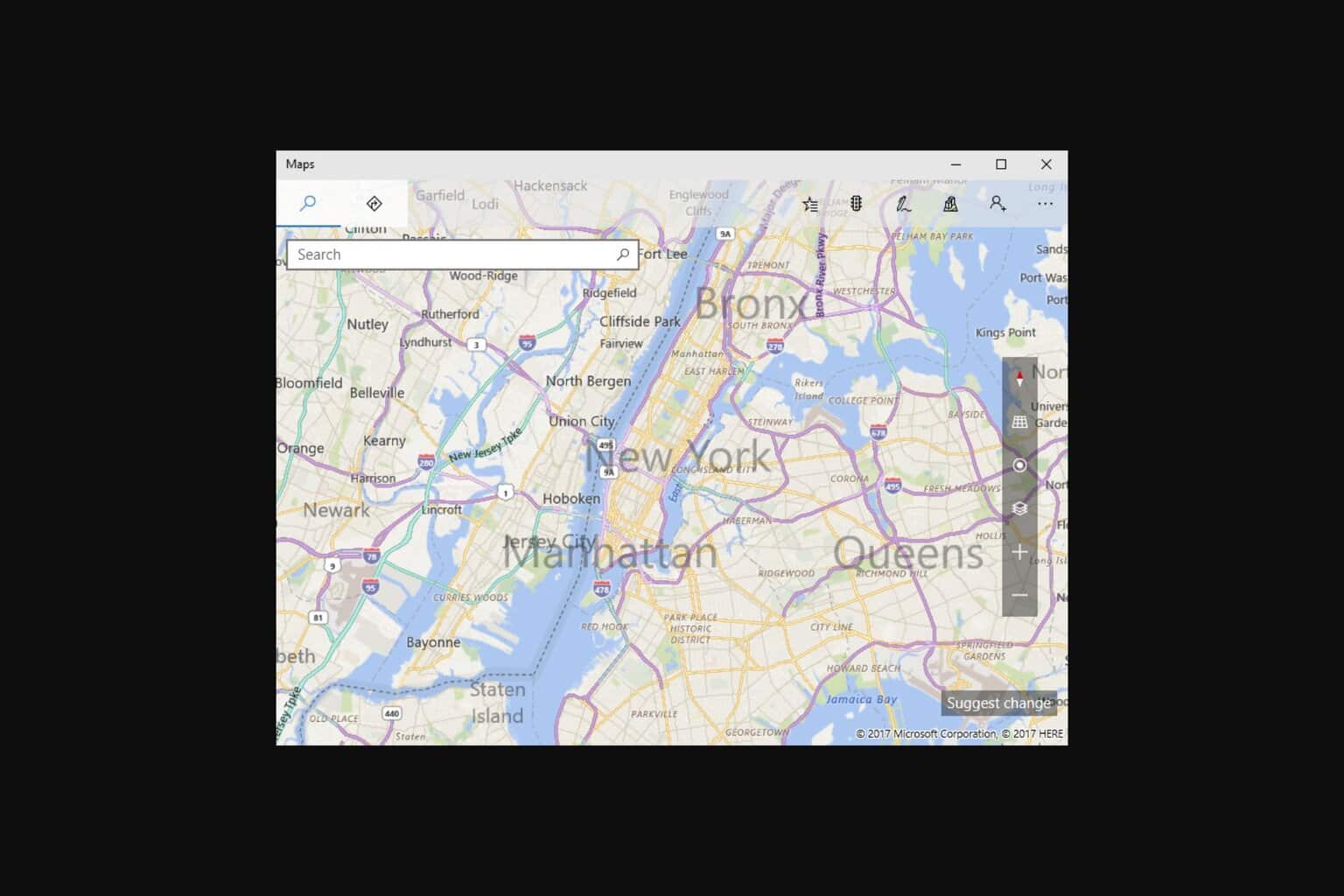
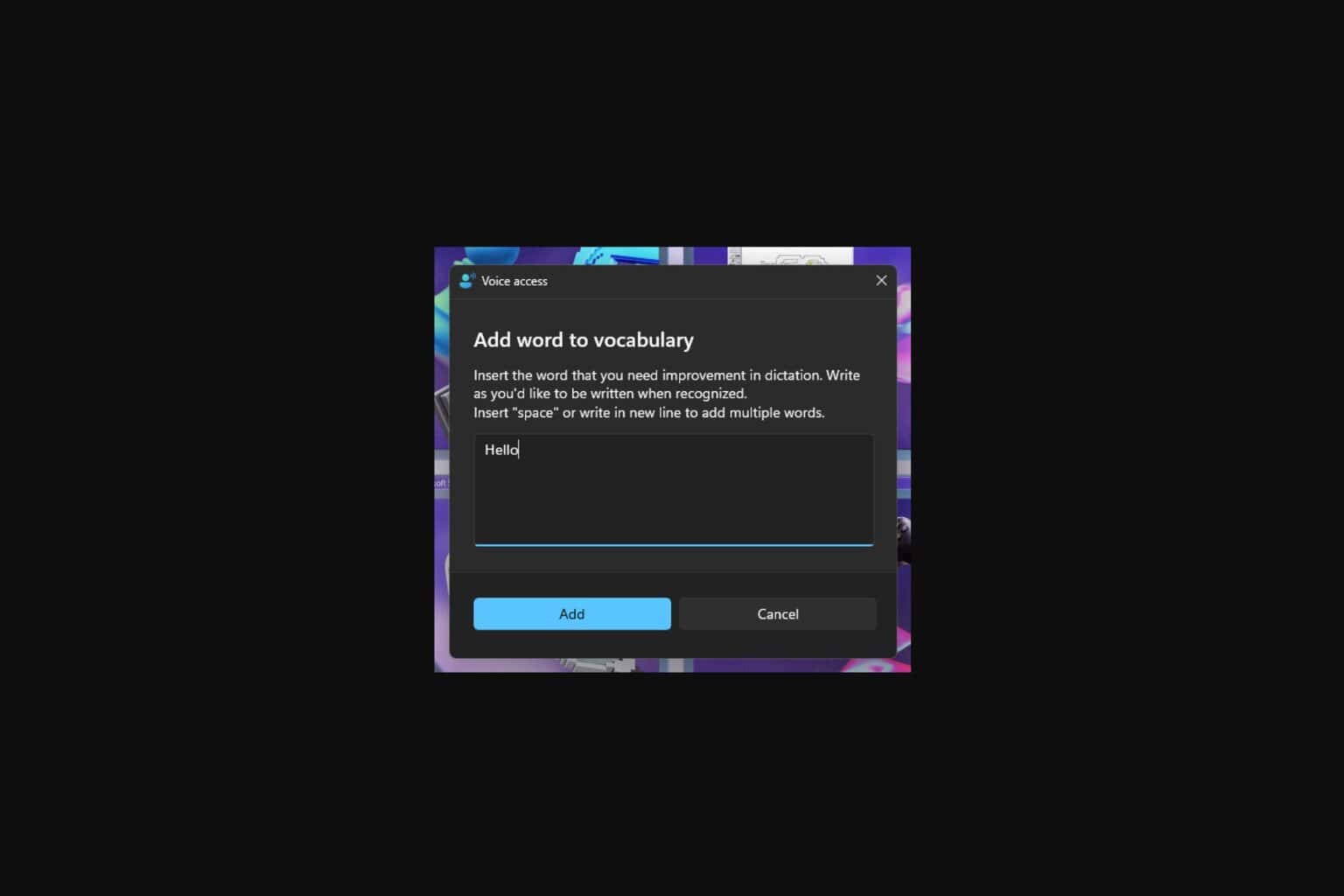

User forum
0 messages